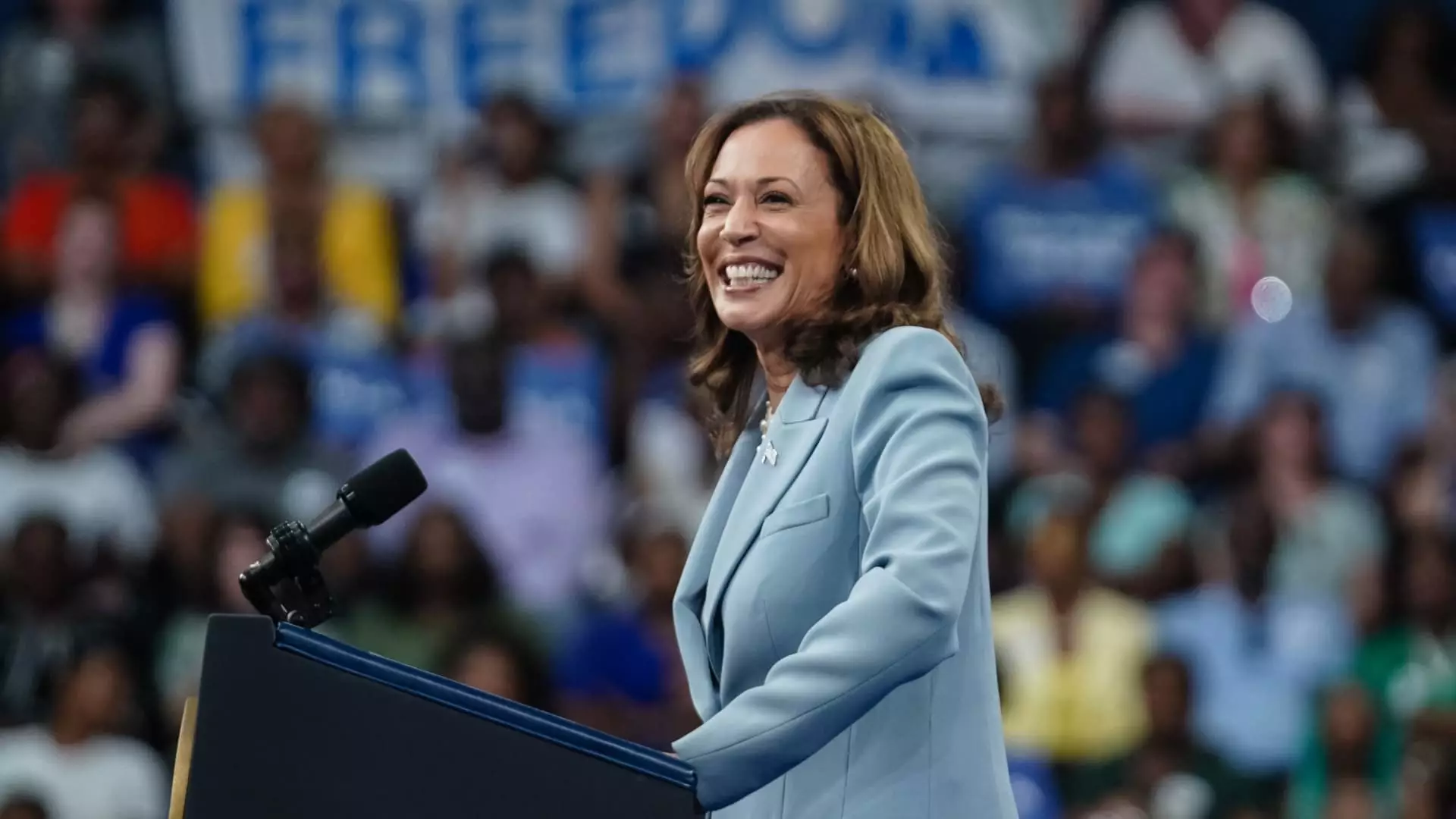Vice President Kamala Harris recently expressed her commitment to prioritizing the middle class during her presidency, highlighting the importance of a strong middle class for a resilient America. To achieve this, Harris has proposed various policies such as the LIFT the Middle Class Act, aimed at providing significant tax relief to lower- and middle-income workers. However, amidst increasing concerns over the federal budget deficit, the feasibility of such proposals remains uncertain.
As the cost of living continues to rise, many working-class Americans are struggling to make ends meet, with real incomes declining due to inflation. This financial strain has caused a decline in confidence in President Joe Biden’s economic management, further necessitating the implementation of policies to alleviate the burden on families. The looming threat of job displacement due to advancements in artificial intelligence has compounded these challenges, underscoring the need for social insurance and financial support mechanisms.
While initiatives like the LIFT Act could potentially benefit renters and alleviate the effects of rent inflation, they come with their own set of challenges. Rent control policies, although well-intentioned, can disrupt rental markets and reduce the availability of housing units, exacerbating an existing shortage. As policymakers navigate the delicate balance between addressing rent affordability and supporting property owners, finding sustainable solutions remains a pressing concern.
The recent expansion of the child tax credit during the Covid-19 pandemic has garnered significant attention for its impact on reducing child poverty rates. However, with the expiration of pandemic relief measures, the child poverty rate has since increased, prompting calls for the reinstatement of the enhanced tax credit. As policymakers grapple with the decision between renewing initiatives like the LIFT Act or focusing on child tax credit enhancements, the need for comprehensive and inclusive financial policies becomes increasingly apparent.
As Vice President Harris emerges as a frontrunner for the presidential nomination, the direction of future financial policy remains uncertain. Whether the emphasis will be on reviving previous initiatives or exploring new strategies to support middle-class Americans, the evolving landscape of financial policy underscores the importance of adaptability and innovation in addressing economic challenges. Ultimately, the success of these policies will hinge on their ability to strike a balance between promoting economic growth and ensuring financial stability for all segments of society.

Leave a Reply